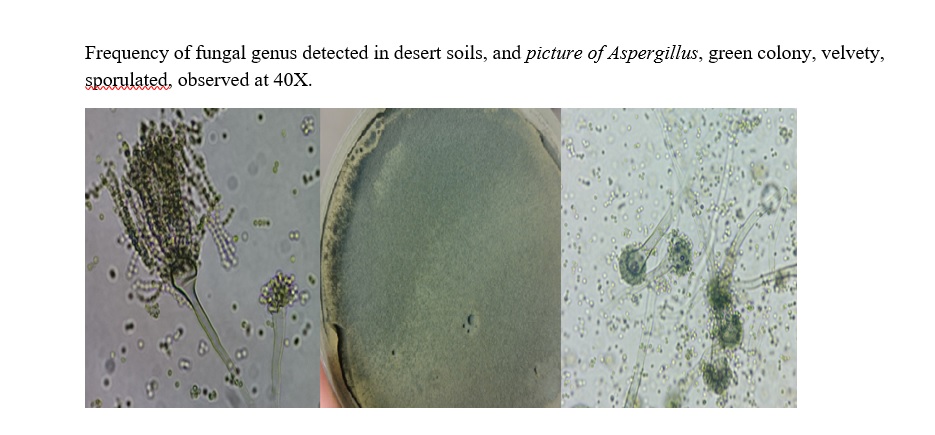Fungal genus detected in soils of Chihuahuan Desert during dust storms along United States-Mexico border
DOI:
https://doi.org/10.28940/terra.v38i4.754Keywords:
arid soils, dust storm areas, microscopic fungi, soil moistureAbstract
Windblown dust in desert areas can have serious impact on human health by inhaling f ine dispersed mineral particles as well as microorganisms as fungi. There is a lack of information above the microscopic fungal diversity in north Mexico; the aim of this study was to determine the arid soil micro-fungal genus in the municipalities of Ascension and Ciudad Juarez, MX bordering with United States. A Surface soil samples were collected at eight sites identif ied as the source of the dust storms. A total of 234 soil samples were analyzed for moisture content, texture and fungal genus. Soil moisture content was lower than 4% at 3 cm depth from surface. Predominant soil textural classes were clay loam and sandy clay loam, but high variability in percentages of clay, silt, and sand was observed. Fourteen fungal genera were found, Aspergillus sp. was the most dominant followed by Rhizopus sp., Phytium sp., Alternaria sp., and Bipolaris sp. Dominance of the Aspergillus sp. fungus in this study is important because is toxic and cause serious health problems including bleeding in the lungs, and the others genus have serious effects on human respiratory system, also are pathogenic to many plants and animals.
Downloads
Publication Facts
Reviewer profiles N/A
Author statements
- Academic society
- Terra Latinoamericana
- Publisher
- Mexican Society of Soil Science, C.A.

















